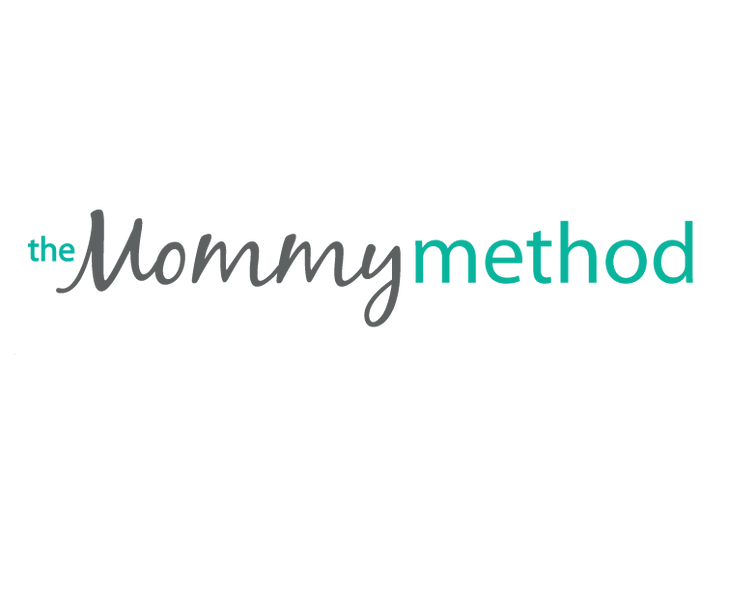Nutrition and Motherhood: What You REALLY Need to Know (PART 1)
- Justine Valiquette
- Oct 7, 2015
- 3 min read

There is so much information out there about the best way to eat. Whether you are planning to have a baby, pregnant, or breastfeeding, I hope this article will help give you some perspective. This is part 1 of our series about what to eat and why. Unfortunately, there’s no perfect one-size-fits-all way to eat. And there are no magic pills or shortcuts either. Think about it this way. If you study all of the pregnancy books and try really, really hard, will you be able to have a baby faster? No, it just takes as long as it takes. We can’t rush it, and we can’t skip any of the important steps. We have to do all of the little things that help us have easier and happier pregnancies and precious, chubby, and healthy babies. One of the things I want you to know is your diet does have an impact on your pregnancy and the health of your baby. Not everything is the direct result of your diet, but we want to create the best possible environment for our baby so that genetics and biology can do their thing. One of the most important things you can do for yourself and your baby is make sure to eat enough Omega-3 fats. Omega-3s are critical to good health and especially important for a growing baby. Omega-3s are called essential fats. This means our body can’t make them. We have to get them from our diet by eating foods such as krill oil, grass fed beef, fish, vegetable oils, flax seeds, flaxseed oil, and leafy vegetables. Fish? Yes, a recommended two servings per week. But not canned fish. Wild-caught deep sea fish such as salmon or tilapia. 4,5 You can also supplement your diet with a good quality animal-based omega-3 supplement containing DHA. 3 While most people are seriously lacking in omega-3s, they are overdoing another type of fat: omega-6. Omega-6s are not essential fats, which means our body is able to manufacture them. They are also very common in the average diet. Any time the package says hydrogenated oil or partially hydrogenated oil, this means Omega-6. Omega-6s are also in junk food, processed food, margarine, chips and even crackers. 2 How much fat do we need? Well, the ideal ratio of Omega-6 to Omega-3 fats is 1:1. Today, though, most Americans' are closer to 20:1 or 50:1! 1 To turn this around, we should avoid deep fried and processed items. Instead, try to eat more leafy vegetables and vegetable oils like avocado or olive oil. Have you ever heard someone talk about shopping around the outside of the grocery store? Try it next time you shop. I would love to hear how it goes! What about the way food makes you feel? When you eat a cracker, your blood sugar levels rise, insulin levels go up, and then if you don’t eat another cracker right away your blood sugar then crashes. This gives us that shaky, lightheaded, and cranky feeling that is so unpleasant. This happens to babies and kids too, only they can’t tell us. Instead, a piece of cheese, avocado, or even leafy vegetables will slowly increase blood sugar and keep it at a normal level for much longer. If you’re still not convinced, look at it this way. Fats help us think. They are important for the development of organs, joints, and bones. Did you know a baby’s brain is 60% fat? In order for our little ones to properly develop, we really have to focus on eating enough Omega-3s. Fats help us have full-term pregnancies and healthier birth weights. They are a major component of breast milk. They fight disease such as Alzheimer’s and Parkinson’s. Fats make our skin and hair feel soft and healthy. Our body uses fat to produce hormones and give us energy. And the best part? Fats taste good. And they’re GOOD for you! Adding some good healthy fats to your diet is one more thing you can feel good about!
Check out my business, Salt Lake City Nutrition, to see how we can help you on your path to better health. Stay tuned for part 2 of the series – The Truth About Sugar. References: 1 No-Nonsense Guide to a Naturally Healthy Pregnancy and Baby http://articles.mercola.com/sites/articles/archive/2009/11/07/no-nonsense-guide-to-a-naturally-healthy-pregnancy-and-baby.aspx Accessed September 28, 2015 2 Infant Formula Fortification Protocol http://articles.mercola.com/sites/articles/archive/2000/10/22/infant-formula-part-one.aspx Accessed September 28, 2015 3 Study: Pregnant Women Aren't Getting Enough Omega-3 http://articles.mercola.com/sites/articles/archive/2015/04/27/omega-3-pregnant-women.aspx Accessed September 28, 2015 4 Will the FDA Adjust Recommendations For Pregnant Women Dangerously High? http://articles.mercola.com/sites/articles/archive/2014/04/15/pregnancy-fish-consumption.aspx Accessed September 28, 2015
5 Guide to mercury levels in different varieties of fish and shellfish http://mercuryfactsandfish.org/wp-content/uploads/2010/02/FishAndShellfishByMercuryLevel.pdf Accessed September 28, 2015






Comments